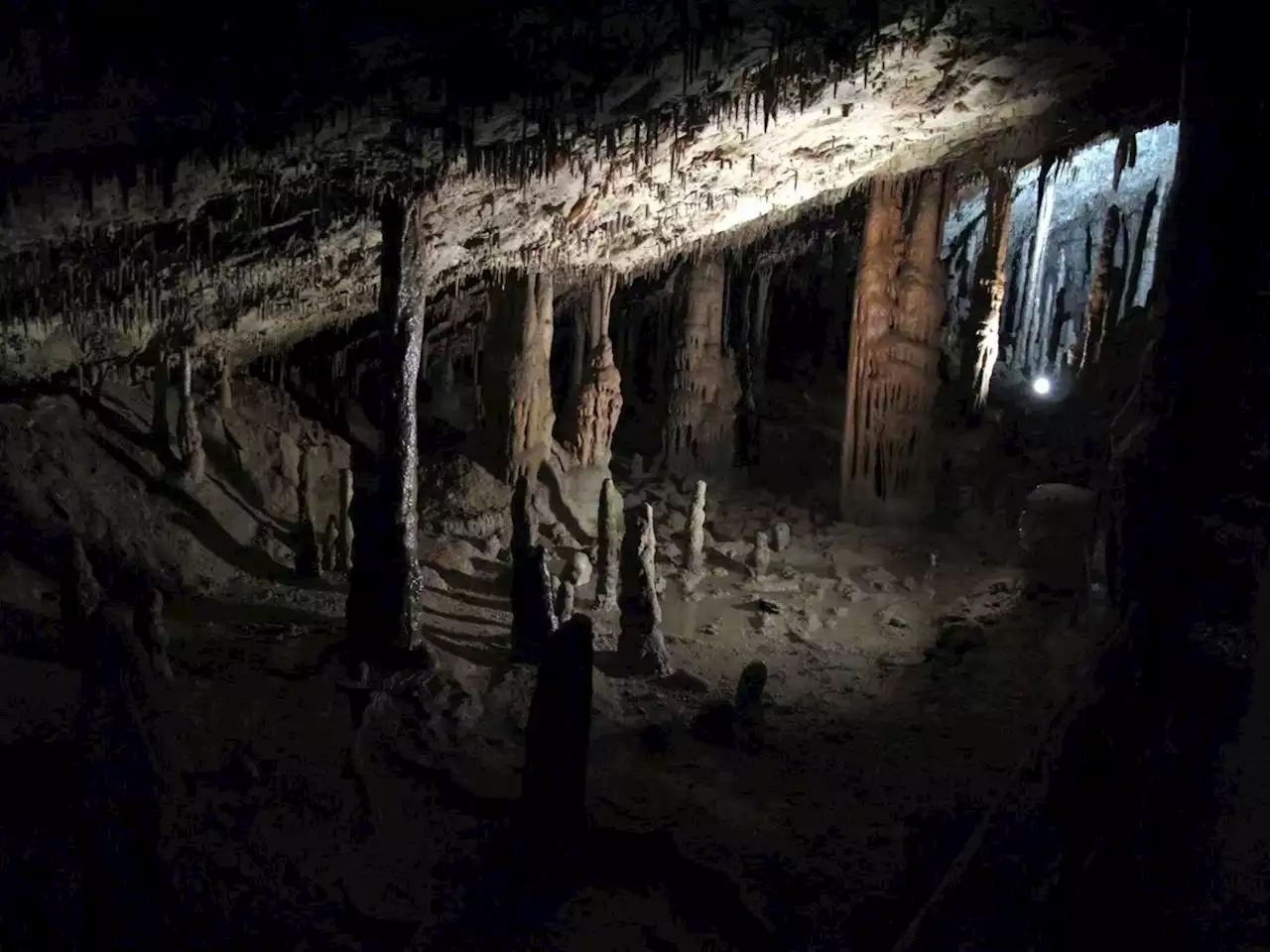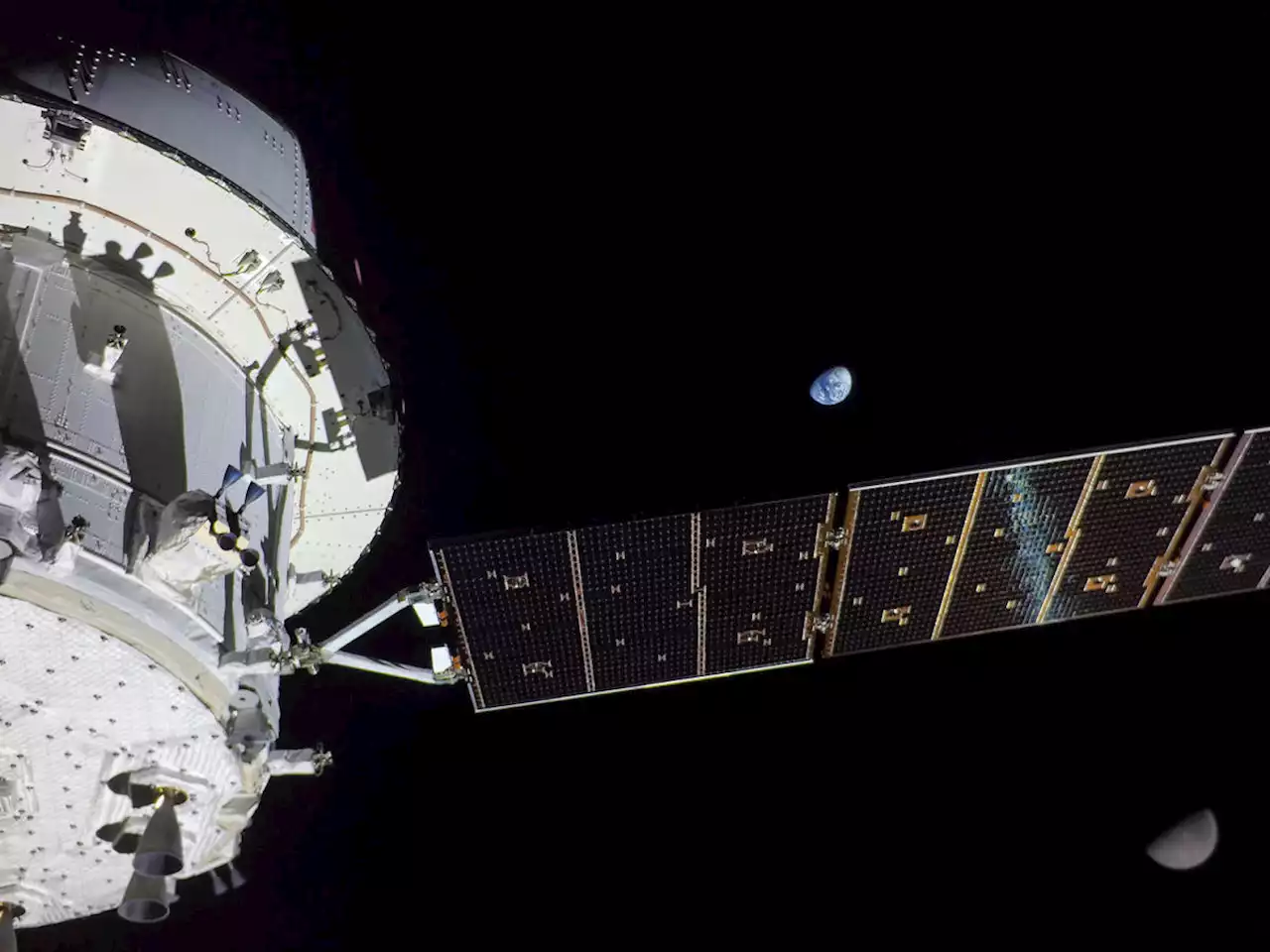Life on Earth sprang up out of the sea, right? Maybe not, scientists say. ScienceMagArchives
reports. Water is essential to life, but it also breaks apart molecules like DNA and proteins, a paradox that has long puzzled scientists.
Although chemists have created key components of cells by hitting chemical-based chemicals with ultraviolet radiation and subjecting them to dry and wet cycles, they have been unable to produce the same effects in seawaterlike conditions. Instead, researchers propose, life may have formed on bodies of water on land—perhaps formed by craters, like the Manicouagan Reservoir —where there was intermittent availability of water as well as enough UV radiation from sunlight.
Australia Latest News, Australia Headlines
Similar News:You can also read news stories similar to this one that we have collected from other news sources.
 Scientists Blown Away by the Toughest Material on Earth – “Unexpected Transformation”A new study reveals the profound properties of a simple metal alloy. Scientists have measured the highest toughness ever recorded, of any material, while investigating a metallic alloy made of chromium, cobalt, and nickel (CrCoNi). Not only is the metal extremely ductile – which, in materials sci
Scientists Blown Away by the Toughest Material on Earth – “Unexpected Transformation”A new study reveals the profound properties of a simple metal alloy. Scientists have measured the highest toughness ever recorded, of any material, while investigating a metallic alloy made of chromium, cobalt, and nickel (CrCoNi). Not only is the metal extremely ductile – which, in materials sci
Read more »
![]() 'Avatar 5' Will 'Open Neytiri's Eyes' to Life on Earth, Says Jon LandauProudcer Jon Landau says 'Avatar 5' will 'open Neytiri's eyes' to life on Earth.
'Avatar 5' Will 'Open Neytiri's Eyes' to Life on Earth, Says Jon LandauProudcer Jon Landau says 'Avatar 5' will 'open Neytiri's eyes' to life on Earth.
Read more »
 We Could Simulate Living in Lunar Lava Tubes in Caves on EarthSimulation is key to space exploration. Scientists and engineers test as many scenarios as possible before subjecting their projects to the harshness of space. It should not be any different with the future living quarters of explorers on the Moon. One of the most commonly cited locations for a future permanent lunar base is in … Continue reading 'We Could Simulate Living in Lunar Lava Tubes in Caves on Earth'
We Could Simulate Living in Lunar Lava Tubes in Caves on EarthSimulation is key to space exploration. Scientists and engineers test as many scenarios as possible before subjecting their projects to the harshness of space. It should not be any different with the future living quarters of explorers on the Moon. One of the most commonly cited locations for a future permanent lunar base is in … Continue reading 'We Could Simulate Living in Lunar Lava Tubes in Caves on Earth'
Read more »
 Orion prepares to return to Earth ahead of splashdown | Digital TrendsNASA's Orion spacecraft is on its way home from its orbit of the moon and is due to splash down in the Pacific Ocean tomorrow, Sunday, December 11.
Orion prepares to return to Earth ahead of splashdown | Digital TrendsNASA's Orion spacecraft is on its way home from its orbit of the moon and is due to splash down in the Pacific Ocean tomorrow, Sunday, December 11.
Read more »
 Artemis 1 spacecraft closes in on Earth for Sunday splashdownClosing out a 25-day voyage around the moon, NASA's Artemis 1 spacecraft closed in on Earth, on track for a 25,000-mph re-entry that will subject the unpiloted capsule to a hellish 5,000-degree inferno before splashdown off Baja California.
Artemis 1 spacecraft closes in on Earth for Sunday splashdownClosing out a 25-day voyage around the moon, NASA's Artemis 1 spacecraft closed in on Earth, on track for a 25,000-mph re-entry that will subject the unpiloted capsule to a hellish 5,000-degree inferno before splashdown off Baja California.
Read more »
 This Alloy Is The Toughest Known Material on Earth, And It Gets Tougher in The ColdAn alloy of chromium, cobalt, and nickel has just given us the highest fracture toughness ever measured in a material on Earth.
This Alloy Is The Toughest Known Material on Earth, And It Gets Tougher in The ColdAn alloy of chromium, cobalt, and nickel has just given us the highest fracture toughness ever measured in a material on Earth.
Read more »